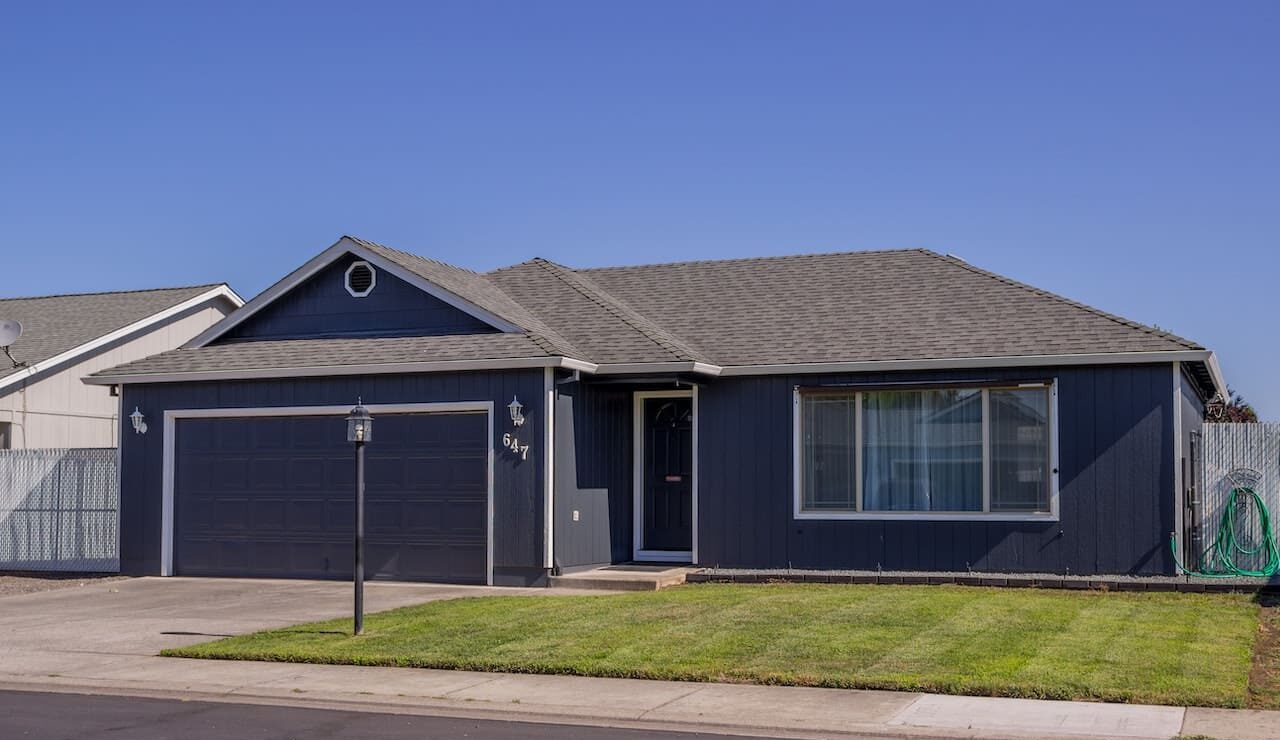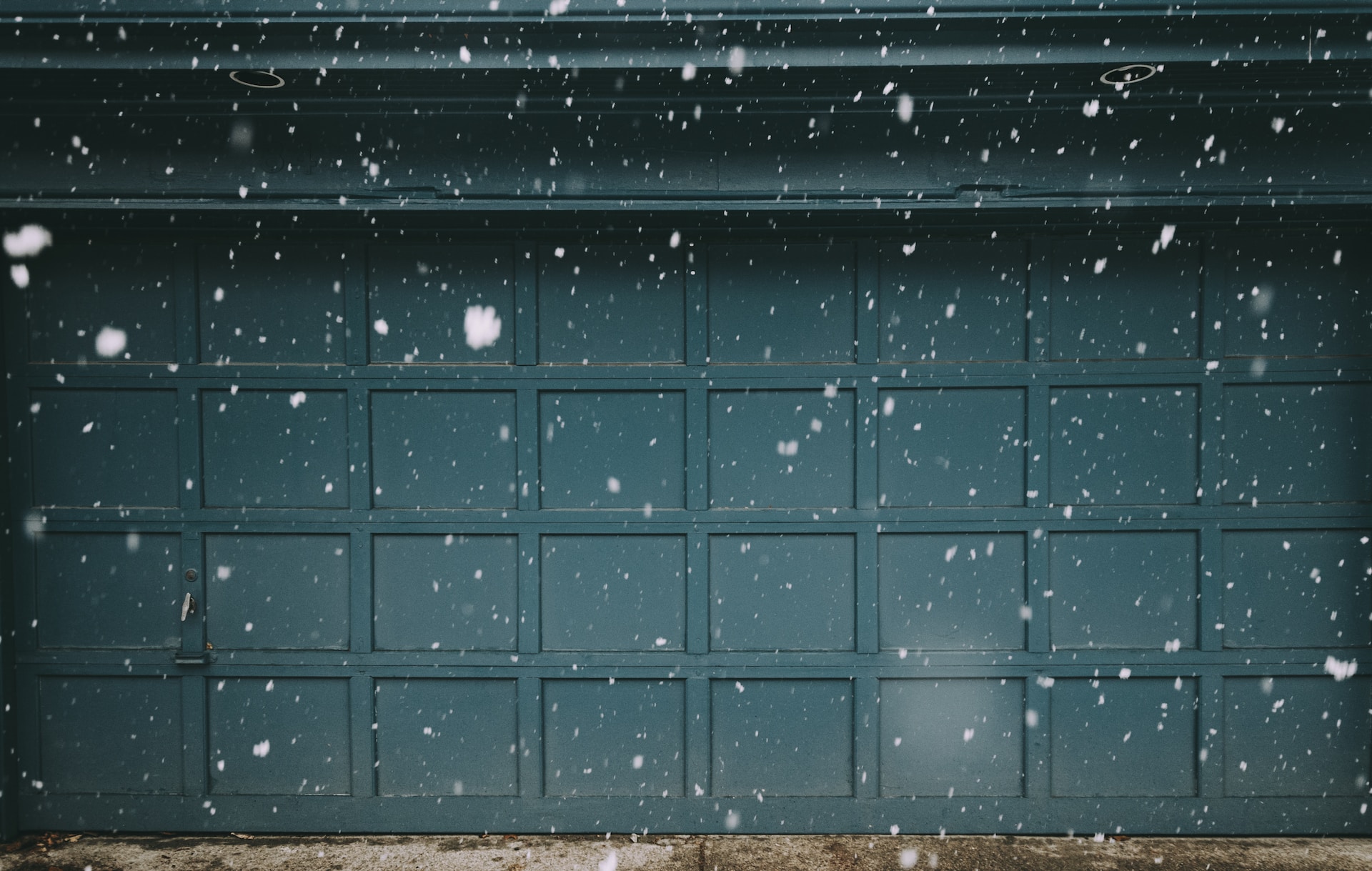Garage doors play a pivotal role in the overall aesthetics and functionality of a home. One often underestimated aspect of this crucial element is the material it’s made of. The choice of garage door material can significantly impact durability, maintenance, and even energy efficiency. In this guide, we’ll navigate through the perplexing world of garage door materials, helping you make an informed decision that aligns with your preferences and needs.

Factors to Consider
When embarking on the journey of selecting a garage door material, several factors should be taken into account. Durability, aesthetic appeal, and maintenance requirements stand out as key considerations. Each material has its own set of characteristics, making it essential to evaluate them against your priorities.
Energy Efficiency Considerations
Garage doors can impact the energy efficiency of your home. Investing in a well-insulated door can regulate temperatures inside the garage, subsequently affecting your energy bills. Consider the insulation options available for different materials before making a decision.
Security Features
Beyond aesthetics, the security features of a garage door are paramount. Explore reinforcement options and ensure your chosen material can withstand potential break-ins. Prioritize not only the appearance but also the safety and security of your home.
Customization and Design Choices
The ability to customize your garage door allows for personalization that complements your home’s style. From paint options to panel styles and window inserts, the design choices are extensive. Take advantage of these options to enhance the curb appeal of your home.
Environmental Impact
For eco-conscious homeowners, considering the environmental impact of garage door materials is crucial. Evaluate the sustainability of materials and their recyclability. Opting for an environmentally friendly option aligns with a commitment to a greener lifestyle.
Budget Considerations
While the upfront cost is a significant consideration, it’s essential to look at the long-term savings potential. Some materials may require more maintenance or have higher energy costs, impacting your budget over time. Striking a balance between initial investment and ongoing expenses is key.

Common Garage Door Materials
There’s a myriad of garage door materials available in the market, each with its unique features. Steel, wood, aluminum, and fiberglass are among the most popular choices. Understanding the properties of each material is crucial in making an informed decision that suits your lifestyle and preferences.
Pros and Cons of Steel Doors
Steel doors are a popular choice for homeowners, offering a blend of strength and durability. However, like any material, they come with their own set of advantages and drawbacks.
Pros:
- Strength and Durability: One of the primary reasons homeowners opt for steel doors is their exceptional strength. They provide robust security for your garage, deterring potential break-ins.
- Longevity: Steel doors are known for their longevity. With proper maintenance, they can withstand the test of time, offering a durable solution for your home.
- Low Maintenance: Compared to some other materials, steel doors require relatively low maintenance. They resist warping, cracking, and rot, reducing the need for frequent repairs.
- Affordable Option: While the upfront cost may vary based on design and features, steel doors are generally more affordable than some premium materials like wood.
- Fire Resistance: Steel doors are inherently fire-resistant, adding an extra layer of safety to your home.
Cons:
- Susceptibility to Rust: Despite their durability, steel doors are susceptible to rust, especially in areas with high humidity or coastal climates. Regular painting and anti-rust treatments are necessary to mitigate this risk.
- Limited Design Options: While steel doors come in various styles, the design options may be more limited compared to materials like wood. If customization and intricate designs are a priority, steel might not be the ideal choice.
- Insulation Challenges: Steel is not a natural insulator, so it may not provide the same level of insulation as some other materials. This can impact the temperature inside the garage, affecting energy efficiency.
- Weight: Steel doors can be heavy, which might require a robust opening mechanism. Ensure that your garage door opener is suitable for the weight of the steel door.
- Dents and Dings: While they are generally resistant to major damage, steel doors can accumulate dents and dings over time, especially if subjected to impact.
In summary, steel doors offer a robust and cost-effective solution for homeowners prioritizing security and durability. However, it’s crucial to weigh the pros and cons carefully and consider factors such as climate, design preferences, and insulation needs before making a decision. Regular maintenance, including rust prevention measures, is key to maximizing the benefits of steel garage doors.
The Classic Charm of Wood Doors
Natural aesthetics. Wooden garage doors exude timeless charm, adding a touch of sophistication to any home. However, they are prone to warping and rot, demanding meticulous maintenance. Homeowners captivated by the classic appeal of wood should be prepared for the commitment it requires.
Lightweight and Durable Aluminum Doors
Corrosion resistance. Aluminum doors strike a balance between durability and affordability. They are corrosion-resistant, making them suitable for coastal areas. However, they are more prone to dents and dings, and some may find their aesthetic options limited.
Modern Appeal of Fiberglass Doors
Weather resistance. Fiberglass doors are known for their resilience against various weather conditions. While they require minimal maintenance, options for customization might be limited. Homeowners seeking a modern appeal with minimal upkeep may find fiberglass doors appealing.
Professional Installation Importance
No matter the material chosen, professional installation is paramount. Proper fitting ensures optimal performance and longevity. Additionally, consider warranties provided by manufacturers to safeguard your investment.
Tips for Maintenance and Longevity
Regular maintenance is vital for the longevity of your garage door. Conduct routine inspections, address any issues promptly, and follow recommended cleaning and painting tips. These simple steps can extend the lifespan of your door, saving you from costly repairs or replacements.
In the complex landscape of garage door materials, making the right choice involves weighing various factors. From durability and aesthetics to energy efficiency and security, each aspect contributes to the overall functionality and appeal of your home. By considering these factors and making an informed decision, you not only enhance the value of your property but also ensure a garage door that meets your needs for years to come.





